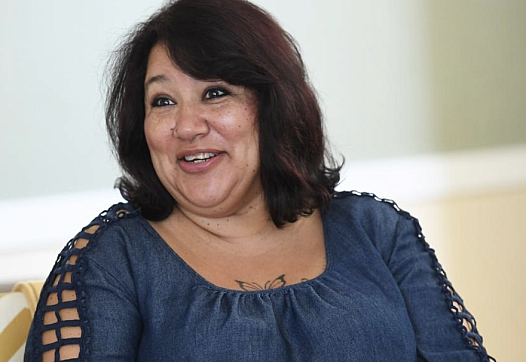
Fifteen years ago, 53-year-old Alicia Corrales walked away from the grips of abuse that had occurred most of her life. Today, she not only continues to heal herself but also aims to aid others whose lives have been scarred and bruised by domestic violence.
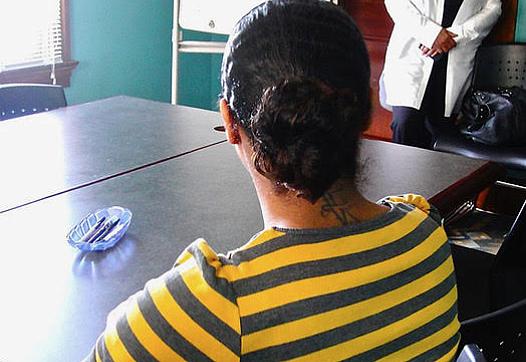

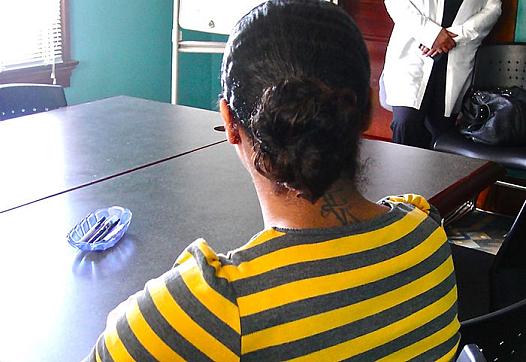

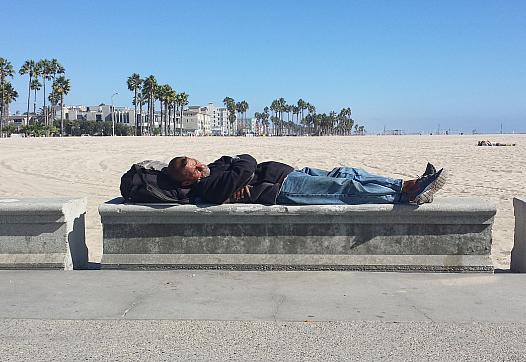
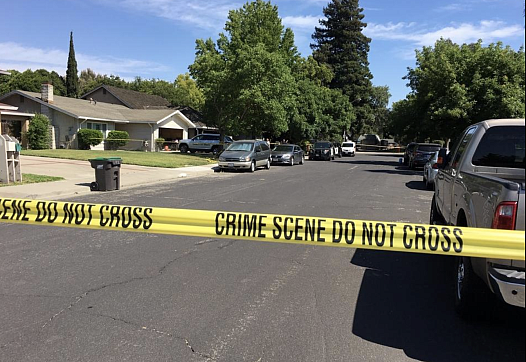
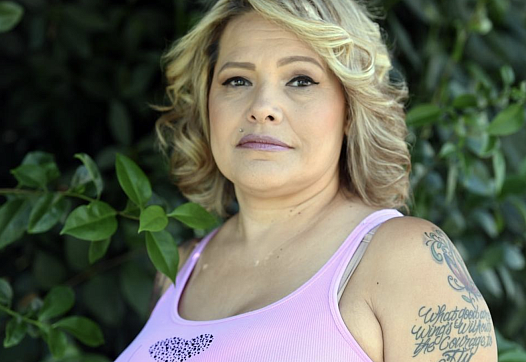
_33f888.jpg?itok=tPC5QbtP)